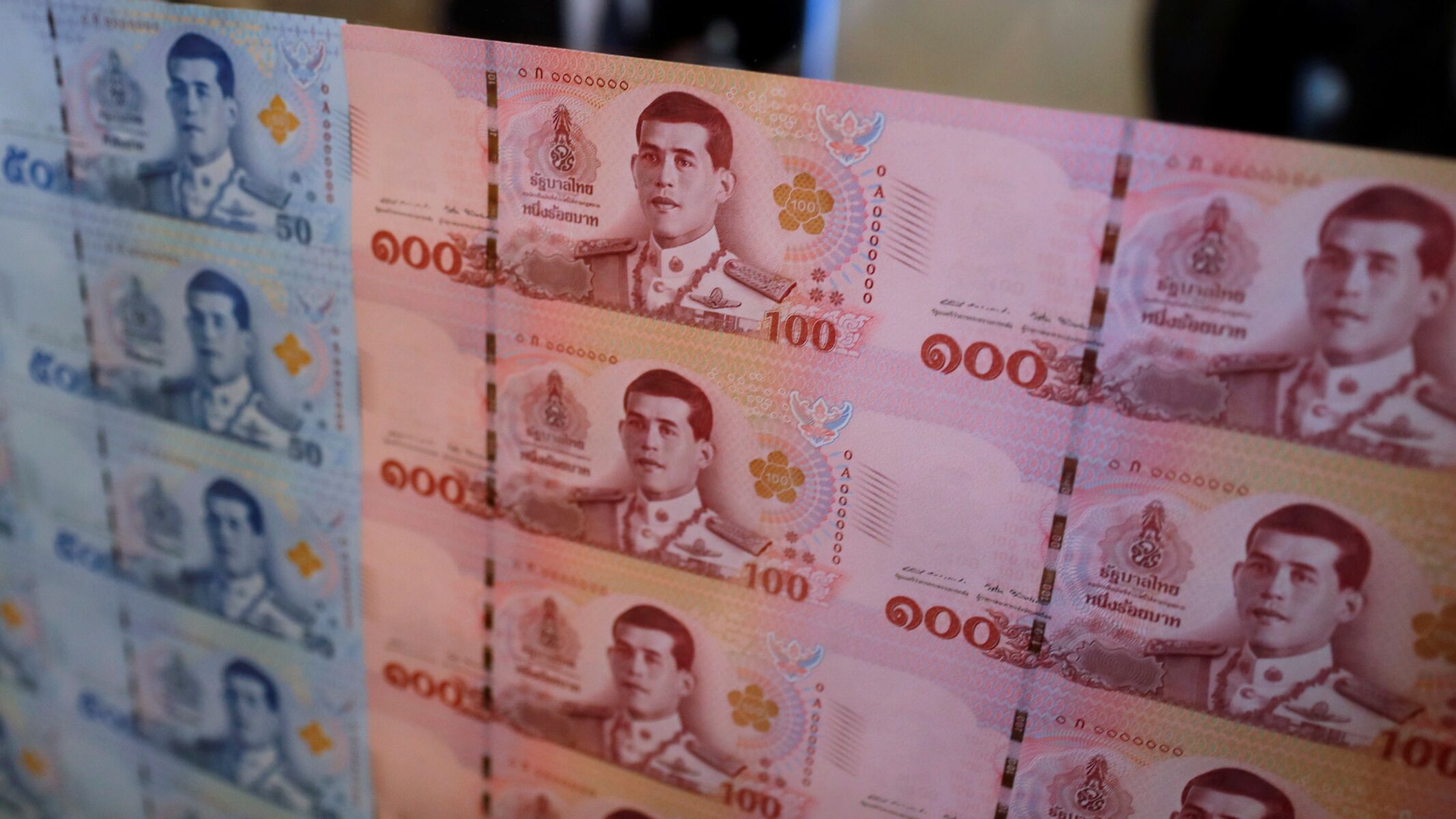Baht-boom: Thailand’s currency surge leaves tourism, exports short

Thailand’s baht is rocketing towards its biggest quarterly rise since the Asian financial crisis, a development that has key tourism and export industries clutching their pearls.
Since the end of June, the baht has surged 10% against the dollar, its most significant gain since early 1998. This sudden leap has prompted frantic appeals from the tourism, hotel sectors, and business chambers for measures to cool down the rally.
Commerce Minister Pichai Naripthaphan and Deputy Finance Minister Paopoom Rojanasakul implored the Bank of Thailand (BoT) to step in and manage the baht’s runaway ascent.
Driven by a slump in the US dollar ahead of the Federal Reserve’s recent rate cut, the baht’s meteoric rise has far outstripped those of Thailand’s trade partners.
The Federation of Thai Industries (FTI) warns that this disparity may push international buyers to seek cheaper alternatives. Meanwhile, despite robust foreign tourist numbers, the Tourism Council of Thailand fears that the strong baht will soon squeeze spending on shopping and hotels.
This currency conundrum is the latest headache for new Prime Minister Paetongtarn Shinawatra, who vowed to stimulate Thailand’s economy and ease the cost of living. While the country’s GDP growth lags behind neighbours like Indonesia and the Philippines, the tourism and export sectors have been rare bright spots.
Chinese imports
Exports, which constitute nearly 60% of Thailand’s GDP, face fresh hurdles. The baht’s sharp appreciation is exacerbating existing woes—from high production costs to an influx of cheap Chinese imports, bemoans FTI Chairman Kriengkrai Thiennukul.
“The rapid baht gains are crippling exporters. They’re at their wits’ end and struggling to stay afloat. We need a stable baht and relief from high financing costs.”
Paopoom added yesterday, September 19, that the currency’s wild swings make it tough for exporters to plan. It’s crucial, he argued, to ensure the baht isn’t “too weak, too strong, or too volatile.”
Responding to the soaring volatility, BoT Governor Sethaput Suthiwartnarueput pledged today that the central bank is keeping a close eye on the baht, aiming to prevent extreme swings in exchange rates.
The baht’s 3-month implied volatility against the dollar sits at a whopping 9.12%, its highest since January, well above this year’s average of 7.98%, according to Bloomberg data. Foreign funds have poured $2.6 billion into Thai bonds and stocks this quarter, boosting both the currency and the main equities index.
The baht’s rally will likely be a hot topic at the BoT rate-setting meeting on October 16, as explained by Nattaporn Triratanasirikul, an economist at Kasikorn Research Centre.
Monetary policy
Australia & New Zealand Banking Group economist Krystal Tan added that concerns over asset quality, an uneven economic recovery, and scaled-down government aid may increase the chances of monetary policy easing soon.
While the baht’s rise hasn’t heavily impacted travellers yet, it could deter foreign tourists from big spending sprees, noted Surawat Akaraworamat, Vice-President of the Tourism Council of Thailand.
Suksit Suvunditkul, president of the southern chapter of the Thai Hotels Association, warned that a persistently strong baht could eventually decrease tourist arrivals due to higher costs, reported Bangkok Post.
For now, Thailand is on track to meet its target of welcoming 36.7 million tourists this year and generating 2 trillion baht in revenue. Arrivals have already hit nearly 25 million, a 31% jump from last year. But as the baht continues its wild ride, industry leaders are bracing for the stormy seas ahead.
Latest Thailand News
Follow The Thaiger on Google News:


























